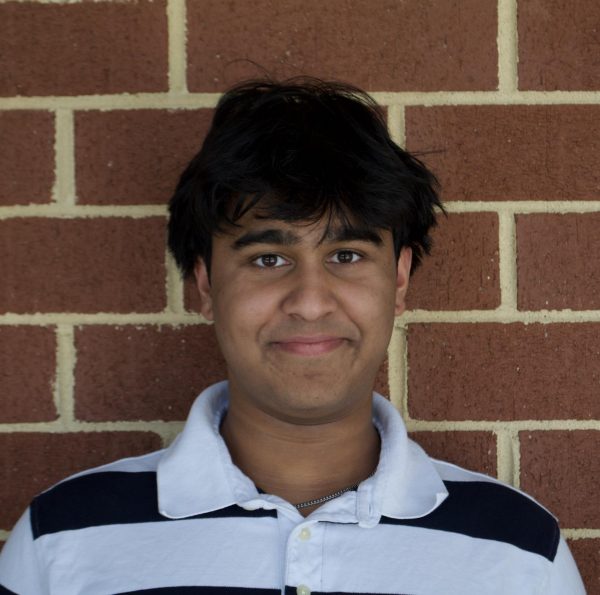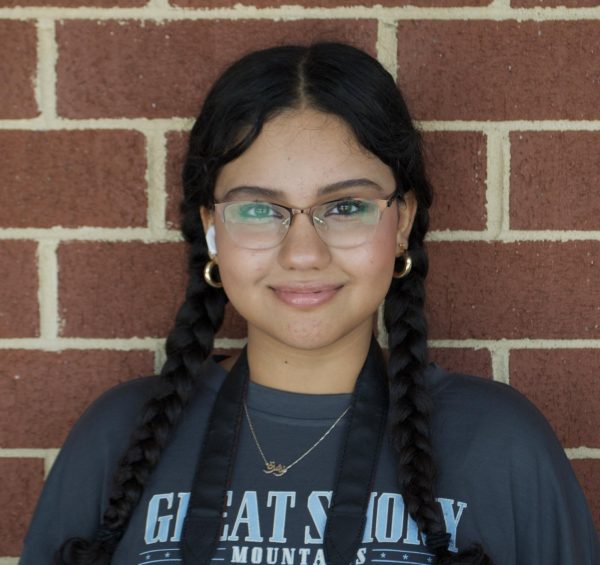For thirty years, Karen Curran has been teaching math to high school students at various levels. From Algebra 1 to AP Calculus AB, Curran has successfully built a strong career as an educator in various schools. Curran joined Rock Ridge’s community in 2014, when the school first opened its doors, and since then she has cemented a strong reputation amongst her colleagues and students.
At Rock Ridge, Curran served as department chair for the math department. Curran also teaches Algebra 1 and Calculus AB classes. This year, Curran has made the decision to retire, leaving behind an invaluable legacy at the school she has been teaching at for eleven years.
Curran’s absence will be strongly felt by the school, as seen through their celebration of “Karen Curran Week” from June 2-6. During Karen Curran Week, faculty honored Curran by following spirit prompts that relate to her, like wearing holiday apparel on Holiday Day to commemorate how Curran enjoys dressing up during the holidays.
Here is Curran’s reflection on her time here at Rock Ridge:
How many years have you been teaching, and how long has your career been at Rock Ridge?
C: [I have been teaching for] 33 years, and I have been at Rock Ridge since we opened in 2014.
What inspired you to become an educator, specifically a math teacher? What has been your main motivation and greatest goal to achieve in your years of teaching?
C: I mainly went into math education because my high school calculus teacher told me that they needed more women math teachers. So I just followed her direction and signed up for it. So [education] is only what my undergrad is in. Once I got into college, I did other things. My graduate degree is in psychology, [specifically] ontology.
Is there anything special about Rock Ridge that appeals to you, considering that you have been teaching here for so long and have been a key member of the community?
C: The way that the school was developed was important. Mr. Duellman hand-picked amazing staff, as well as the school’s atmosphere, even before we started working here. We met outside and got to know each other and everything. Just the climate, the family climate, that he built is what has been imperative in Rock Ridge’s success in how we support the students.
Do you have a favorite memory or moment from your time teaching here?
C: I have all kinds of favorite memories. I mean, I loved all the spirit weeks and fun. Every year there’s something different that you remember.
Were there any particularly challenging years or moments during your career?
C: That would be COVID, when it was very difficult to teach online. The hardest year was not really the online [school year] as much as it was the [year of] the transition back. Helping the kids transition back [was difficult], because, especially the freshmen, they lost a lot of formative years in middle school because of COVID, and it was difficult to get them readjusted to real life and what school’s really like again.
Is there a specific student or class that had a lasting impact on you, and why?
C: Probably my Calculus [AB] kids and my Algebra 1 kids from COVID. There were a couple of kids in each class who were still–as hard as it was–100 percent engaged in doing all that they could and everything [despite the pandemic].
In your opinion, what is the most rewarding part of being a teacher?
C: The kids keep me young. Especially now that my kids are grown adults and out of the house and everything, it’s just, you know, I like being around the kids because you guys have a lot of energy, and that’s what I need at this age, just more energy.
What changes in teaching methods or student learning have you noticed over the years?
C: Huge changes, yeah, big changes. So when I first started, it was on chalkboards and overhead projectors and hand-cranked copiers. The instruction was more old school, like desks in rows, and lectures, and taking notes, and that’s it. But it’s so many advances in not just the mechanics of teaching, like with the Promethean boards and technology, but with how education has evolved [as a whole] to make it much more of a collaborative experience instead of remote and isolating for kids.
How has math education changed since you started teaching?
C: It’s more of the kids’ learning for the sake of learning and helping each other learn instead of me telling them written facts. They’re making more connections between the concepts because they’re given an outlet to explore that. And it’s not just coming in every day and writing things down and memorizing things. Memorizing is gone because we’ve got the technology to support us. If we need a calculator, we have the calculator, things like that. Mathematics has not changed. Some things have been introduced in curriculum more recently because we can, because we have technology to support it. Like Algebra one, you would never think of doing anything other than lines with them many years ago, and now they can do all kinds of shapes and things, and understand how functions work because of Desmos’s calculator, like slope fields. We never used to do anything with slope fields, and now you can, because they’re easier to generate, and we have the technology to support it.
What advice would you give to new teachers just starting out?
C: Lean on those around you, because there’s so much experience in these hallways. When I was department chair, one of my favorite things was just having the time to go into other teachers’ classes and learn from what they were doing. So don’t try to do everything by yourself. This is not an island situation. This is a whole learning team working as a team. So beg, borrow, and steal as much as you can from the other teachers.
What will you miss most about teaching and being part of the school community?
C: Either the kids or the adults – probably the kids maybe a little more than the adults, sometimes depending on the day, but definitely just being around people. You know, it [was] very isolating during COVID, when I wasn’t around anybody except my family. It was rough. So I just like getting up each day, and I know that I’m going to see people and interact with people. So I might have to come back and visit those people.
Now that you’re retiring, what are you looking forward to doing next?
C: When I retire, I’m looking for the flexibility to do what I want to do. So as much as I love coming to work, and I love my job, I love that I’m retiring. I love the fact that I will be able to stay out late one night. If I want to go see a movie or catch a show, I can, [and I can] go on trips that I normally would have to put in leave for in advance and get a substitute and write all the sub plans. It’ll be nice just to sit at home and have that second cup of coffee without having to pack my lunch, grab things, and get to work. I’m looking forward to that flexibility.
Is there a certain legacy or message you want to leave for your colleagues and students here at Rock Ridge?
C: I am the teacher I am today because of the people I’ve worked around in my career. And I’ve been at three different schools with very different personalities in each school, and each piece of that I’ve just carried on and built upon, and I do feel a really good sense of accomplishment. I feel like I have contributed to LCPS and the kids, so I’m ready.




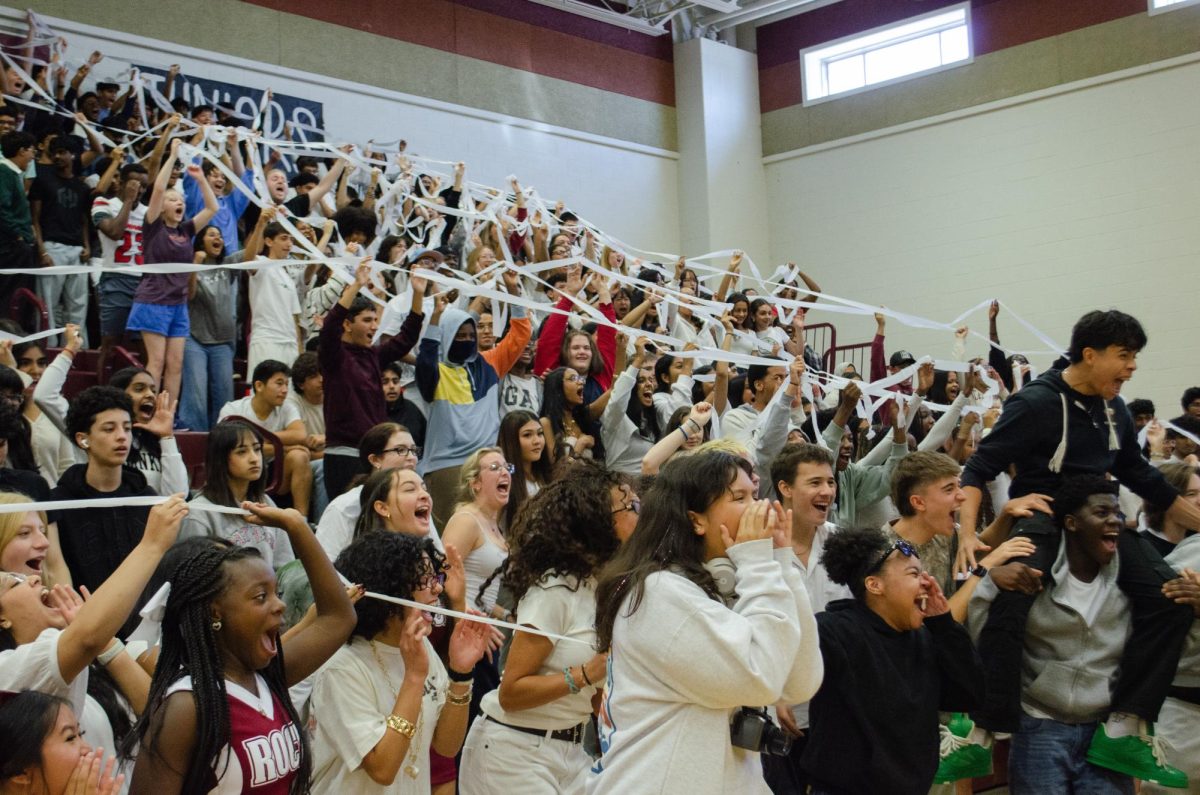
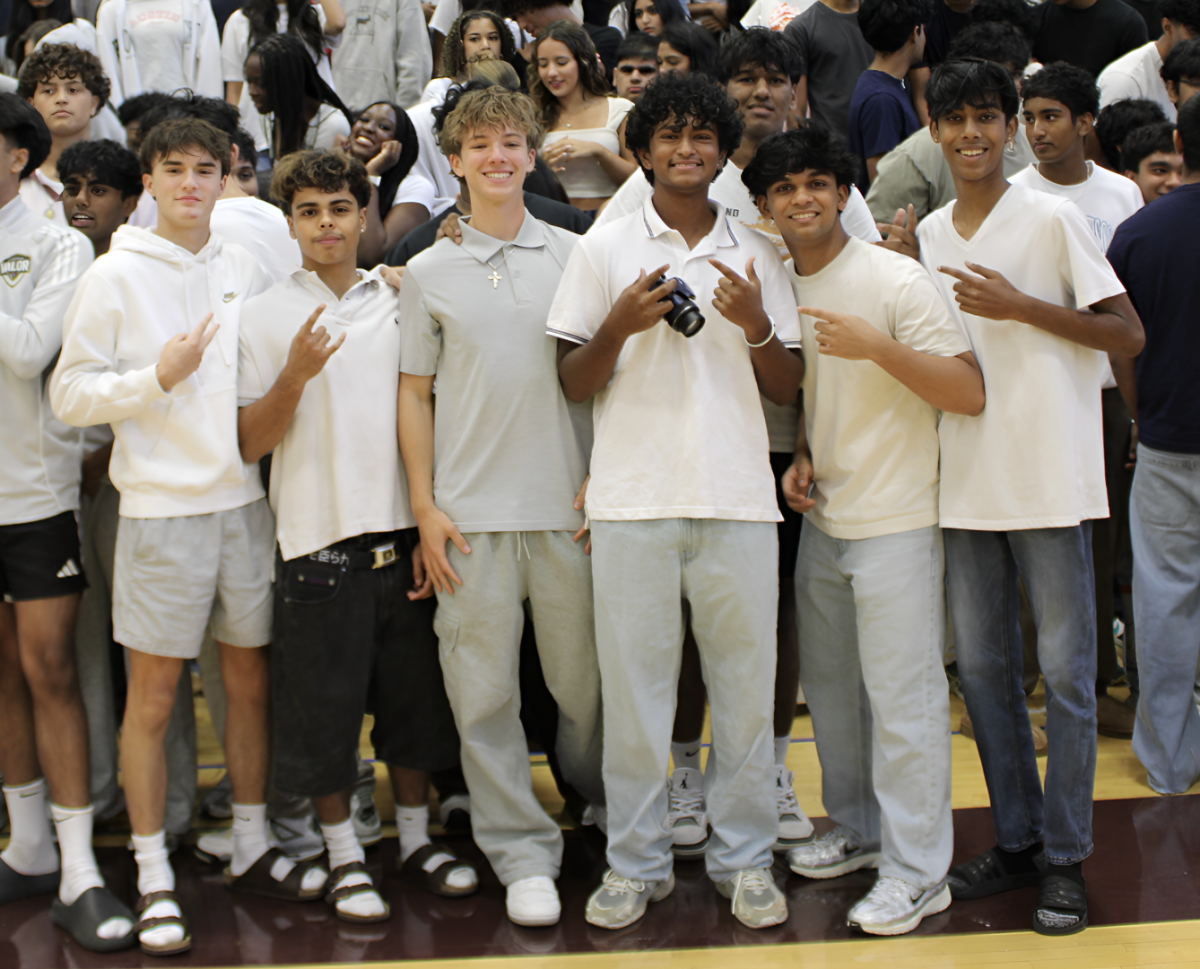









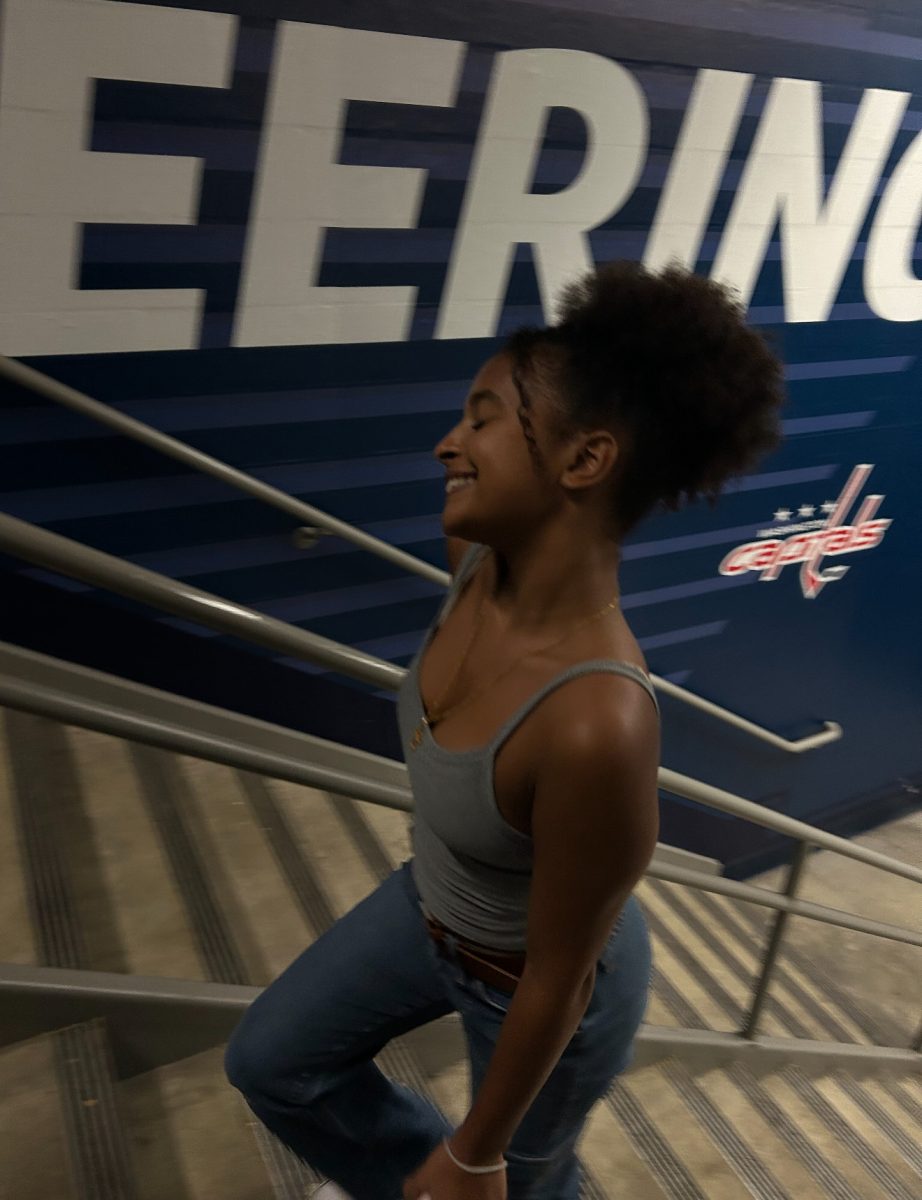



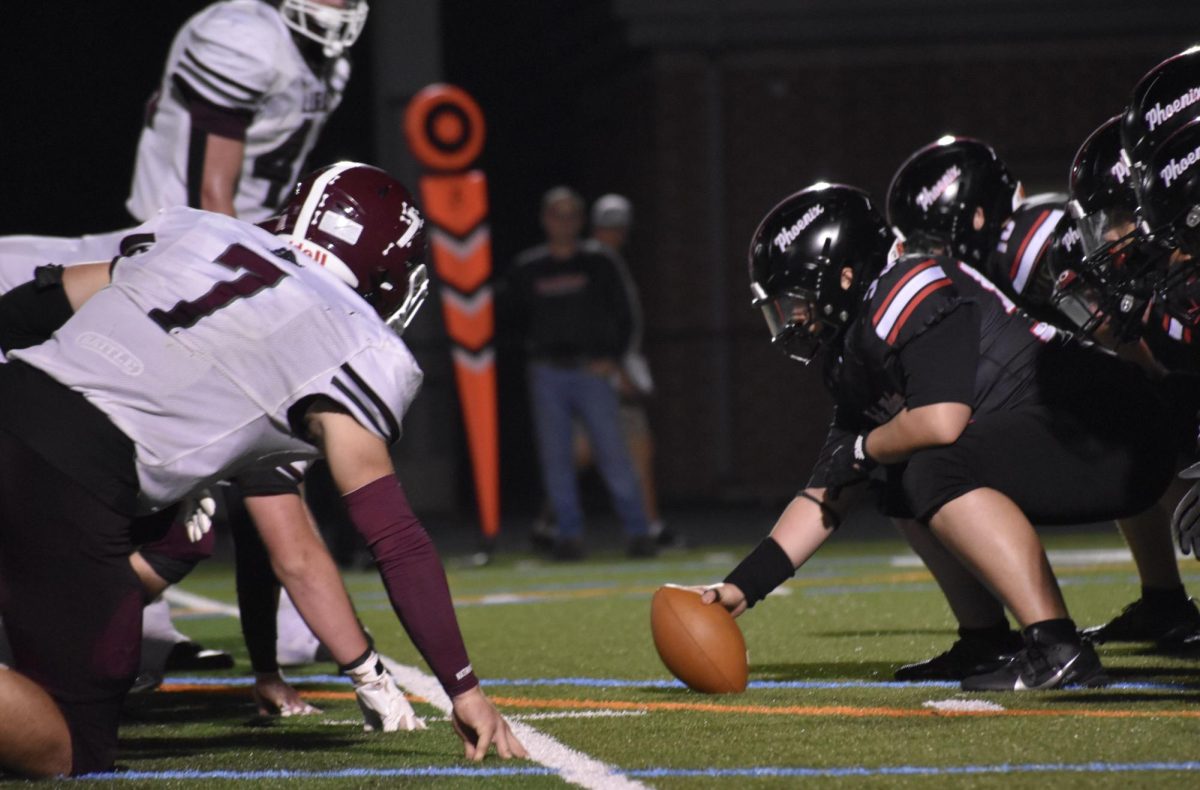





![The Phoenix varsity volleyball team lines up for the national anthem. “We were more communicative [with each other] during this game, and I feel like we kept our energy up, especially after the first set,” senior Jessica Valdov said.](https://theblazerrhs.com/wp-content/uploads/2024/10/DSC_0202-1200x800.jpg)










![Junior Alex Alkhal pitches the ball. “[I] just let it go and keep practicing so we can focus on our goal for the next game to get better as a team,” Alkhal said.](https://theblazerrhs.com/wp-content/uploads/2025/05/DSC_0013-1-1200x929.jpg)




















